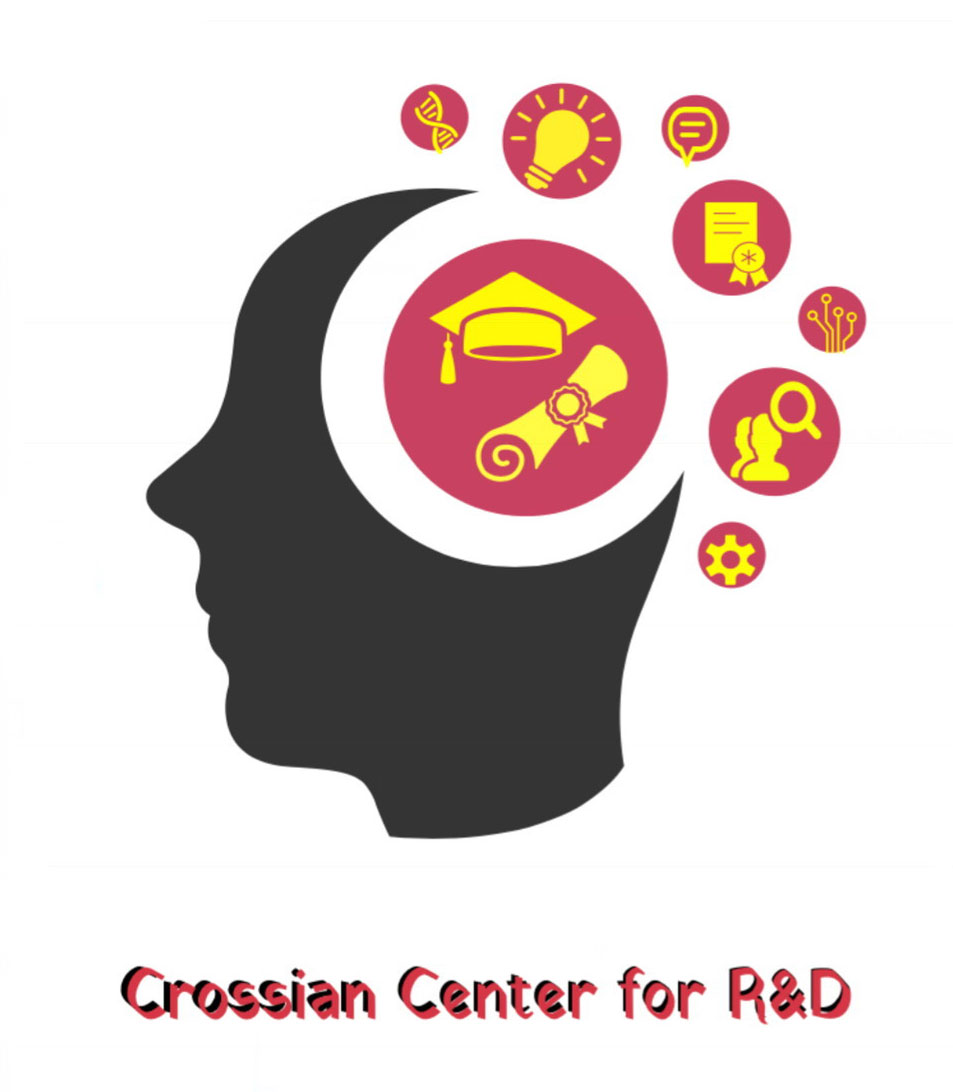
The Crossian Centre for Research enhances and promotes quality research in the institution. The Crossian Research Forum which includes all the faculty members co-ordinates all the research activities of this forum.
The committee is constituted with one member from each department. The committee releases the interdisciplinary biannual journal “Crossian Resonance” twice a year. It organizes seminars/workshops relevant to the current trends in research and encourages the members of the faculty to involve actively in research activities. Research data base containing details of research Projects, publications, participation in seminars, awards,major and minor projects availed by the departments are collected from each department and submitted to the IQAC of the college every year.
The cell is responsible for the implementation of the policy on research and consultancy.It plans and takes necessary steps to get copy right for innovative original work and patent right for their finding. It gives the guidelines to publish research articles in journals with high impact factor that are well recognized by global researchers. It works out MoUs, linkages and collaboration with other prominent research institutes/industries within the country and also outside. It administers the activities of the Instrumentation Centre and works out the possibilities of having consultancy through the centre.

Motto:Empowered to Empower
Vision:Promote Holistic Development and Empowerment of Women
Vision:Promote Holistic Development and Empowerment of Women
Objectives
Best Practices
The Centre for Women Studies was instituted to act as a catalyst for promoting and strengthening women studies through Teaching , Training, Extension, Library, Publication, Seminars , Workshops, Networking and Coordinating with other agencies. Women’s Cell in Holy Cross College was formed in1983 to give awareness to the students on gender equity. Women Studies is an interdisciplinary study of women and society.
Women’s issues are taken into consideration by the Centre for Women Studies through Women’s Cell. The aim of the Women’s cell is to create awareness and to stand for women’s empowerment, social justice and self-dignity. International Women’s day is celebrated every year and various competitions are held in connection with that. From 2018-2019, the cell with its newer version of ‘Crossian Centre for Women Studies’ has taken a new dimension in the functioning of women’s cell and women studiesactivities. It motivates the students to change the attitude of the society, their role in decision making and imparting knowledge on women’s legal rights.
Objectives
Activities of Women Studies Centre
a)Teaching and TrainingFrom 2005-2006 onwards, a certificate course on women studies had been opted by the students of women’s cell. In 2010-2011, when the curriculum was revamped, the course on women’s studies became one of the Foundation Courses and was made mandatory for all the UG students as a certificate course with an extra credit. The external component for the course on women studies was mime/ role play based on women’s issues. Realizing the impact of Women’s studies in 2016-2017, the curriculum was restructured and the course on ‘Women’s Studies’ was made a mandatory course under part IV (Foundation Course). In 2017-2018, this course was incorporated within the curriculum for all UG students.
The Department of Tamil has opted a course on Feminism for III UG students.
Moreover, 30 hours of UGC Sponsored training programme was extended to students which included Mock trail, Moot court, Court trail and Court Procedure in 2016.
b) Extension
As part of the extension programme, several homes for the aged and orphanages are being frequently visited by the students of the cell.
c) Library& PublicationThe Women study Centre has separate book collections. The College Library has a good number of books and journals on women studies.
Our staff members have published17 Research articles related to women issues.
d) Seminars & WorkshopsSeminars and Workshops are conducted to promote awareness on women related issues.
e) Networking & Co-ordinating with other AgenciesObjectives
History
Skill Development Program has been given to the UG students since the 1990s in order to create in them self-confidence and motivate them towards self-employment and to develop the skills on voluntary basis. When the autonomous status was conferred to the college in 2007-08, each course given under skill development programme earned one extra credit for the students. In 2010-11 when the curriculum was restructured, the skill based courses have been made mandatory for all I UG students with one extra credit under the title “Holy Cross Academy”. From 2016-17 onwards the skill based courses were included in the curriculum under Part V for all students.
The courses given under the “Holy Cross Academy” varies depending upon the needs of the students. Students can choose any one of the courses based on their choice and interest. The courses offered during 2018-19 are
These courses are offered only on holidays / Saturdays from 9.30 a.m - 2.30 p.m for 10 days by experts from outside.
Aim
The main objective of Entry Level Services is to motivate and guide the students to write competitive examinations.
Every year nearly 50 students are selected and they are motivated and guided by experts in this field. Moreover, special programmes are also arranged.
Soft Skill Training Programme
The following topics are covered in soft skill training programme
Orientation on Competitive Examinations
The orientation on eligibility criteria, syllabi and the examination pattern for different competitive examinations are provided to the students.
“Women are the largest untapped reservoir of talent in the world” – Hilary Clinton.
The Entrepreneurship Development Cell of our institution aims to develop an entrepreneurial temperament and impart career skills to the students’ educational setting. This is to ensure that the students are well equipped while they take up entrepreneurial ventures and careers which will result in economic independence and stability.
History
During the initial years, Entrepreneurship Cell, being merged with Career Guidance Cell functioned as a single unit under the name “’Career Guidance and Entrepreneurship Cell’. The activities of this cell included campus drives; coaching classes; motivational talks etc. To enhance thrust on entrepreneurial activities, the above cell was bifurcated and the Entrepreneurship Development Cell began to function as an individual unit from the academic year 2016-17.
Objectives
Proposed Entrepreneurial Ventures
Objectives

Environmental awareness is an integral part of education. The Centre for Environmental Studies is an active body of Holy Cross College aimed at evoking the necessity and responsibility of students to grow up as responsible human beings who know to respect, protect, and preserve nature and all its diverse flora and fauna from anthropogenic afflictions, and present it to the future generations just as God has given it to us.
The centre achieves its goal of spreading environmental concern among the students by promoting research on biodiversity of the district and by its numerous resources for promoting environmental awareness like informational and inspirational seminars,environmental books and brochures which are just a few of the tools that can get the students involved in promoting the environmental concern.
The environmental initiatives and ventures are taken forth by Centre for Environmental Studies through ECO CLUB which devotes its activities towards keeping the campus plastic-free and maintains the hygiene and cleanliness of the college. The Centre for Environmental Studies also has a GREEN AUDIT TEAM for conducting environmental audits and the team implements conservation strategies and suggests methods for energy conservation, Carbon Foot Print Reduction and various other environmental issues.
Objectives
Eco-Initiatives and Projects
National and international agencies are fighting towards protecting our environment and conserving its resources. But it is also the responsibility of every citizen to use our environmental resources with care and protect them from degradation. In order to inculcate this practice among the students, the Centre for Environmental Studies of Holy Cross College, engage them in practicing environmental based research and surveys and also give awareness to the public and women in the neighbouring villages through various projects. The centre also work in alliance with the Kanyakumari District Administration through Friends for Nature Society, in which the members of Holy Cross College hold executive positions, thereby helping to serve the general public.
ACADEMIC PROGRAMME
We live in the environment and use the environmental resources like air, land and water to meet our needs. While meeting the ever-growing needs, we apply pressure on the environment, which exceeds its capacity to repair or replace itself. We use environmental resources such as ground water beyond its limit of replacement, thereby losing it forever, pollute the environment with one-time plastics, vehicle emissions, use unleaded fuel, electrical appliances consuming more electricity, etc. Therefore, there is a need to create ‘awareness’ about Environmental protection and conservation. We achieve this by our self-designed curriculum on Environmental Studies Course which comprises of three modules.
MODULE I – THEORY
The curriculum for our Environmental Studies Program is based on the UGC syllabus. The text book has been authored by the Co-ordinators of the Centre of Environmental Studies, for the benefit of our students. Completion of this study program is an essential criteria for completion of the undergraduate degree program.
MODULE II - RESEARCH
As part of the Environmental Studies program, it is mandatory for every student to carry out research, based on the biodiversity of the region, economic value of biodiversity, conservation and protection of flora and fauna of the region.
Also, the students of the team conduct surveys on:
The Fauna of the Campus
The Floral diversity of the Campus
Butterfly biodiversity of the Campus
MODULE III – CERTIFICATE COURSE ON “ENVIRONMENTAL CONSERVATION”
A Course module on the general topics of public concern is being given as continuous seminar sessions during the even semester,where we host invited lectures by international and national experts and environmentalists who deal with each lecture session individually, at the end of which, the participating students are issued certificates.
Lecture 1 - Plastic Poisoning and the need to avoid plastics in daily life
Lecture 2- Environmental Carcinogenesis
Lecture 3 – Environmental Radiation and its Health effects
Lecture 4 – Pesticide Pollution and the need for Organic terrace gardens
Lecture 5 – Water Conservation Strategies
Lecture 6 – Air and Water Pollution and its effects on Living beings
Lecture 7- Population Explosion and ways to curb the issue
Lecture 8- Energy Conservation- Needs and ways
Lecture 9 –Agricultural and Food –based Entrepreneurship among women.
Lecture 10 – On the road to well-being.
The Green Audit Team of Holy Cross College focuses on Environmental Survey, Biodiversity Auditing, Motivating Environment-based Research among students &Biodiversity Documentation. Every year the team checks on available natural resources in the campus and suggests remedial measures to implement water harvesting, conservation strategies, energy conservation and newer methods to minimise consumption of energy. The team motivates students to use cycles to lessen the carbondioxide emission and bring forth a pollution free campus. (Biodiversity survey of the campus, Butterfly diversity, Flora of the campus, etc)

OBJECTIVES
Highlights
Keeping the college campus plastic free.
Future plans – (2018 – 2019)
Theme of the year – “Quit Plastics”
Crossian Centre for Documentation collects and records data regarding the daily activities of the various departments, clubs and committees including the PTA and the Alumni. The various activities are uploaded by the faculty members through the email hccdoc18@gmail.com. During the general body meeting the consolidated activity reports of departments, clubs and committees are presented by the documentation committee members to enable the faculty/ departments to verify the data.
Crossian Centre for Innovation and Incubation
The centre was established in the institution in 2017-’18. The objective of the Centre is to groom students towards start ups, entrepreneurship and research. It offers a new echo system for the young entrepreneur.
Crossian Centre for Human Resource Development is active in identifying and enhancing the human potential of the college. Its objective is to organize orientation programmes for the newly recruited faculty members and to conduct workshops on leadership, research, consultancy and new technologies for the staff. Personality and professional development programs are also conducted periodically for the non-teaching staff.
It also conducts motivational sessions, executive, entrepreneurial, leadership and skill development programmes for the students.
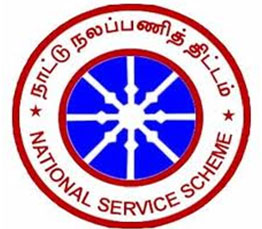
Vision
The vision is to build the youth with the mind and spirit to serve the society and work for the social uplift of our nation
Mission
The National Service Scheme has been functioning with motto “NOT ME BUT YOU” to identify the needs and problems of the community and involve themselves in problem solving process.
Objectives
Goal
Education through Community Service and Community Service through Education
UNITS
Units No :76, 77
There are two units and totally 200 NSS Volunteers actively participate in the NSS
Highlights
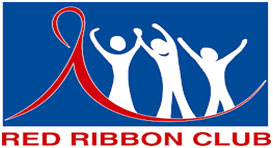
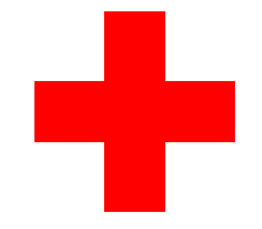
Aim: “ Service to Humanity”
Youth Red Cross aims to inspire, encourage and initiate at all times all forms of humanitarian activities, so that human suffering can be minimized, alleviated and even prevented thus contributing to creating a more congenial climate for peace.
Objectives
Accomplishments
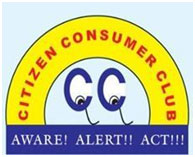
The Consumer Club of Holy Cross College was established on 17th march 2004 as per the instructions from the department of consumer affairs. The purpose of the club is to spread the awareness about the consumer rights and responsibilities and to join hands with other voluntary consumer organizations to enhance consumer movement. Investing in children and teenage students the knowledge to handle life situations will no doubt generate the highest return in the form of enlightened and honest citizens.
Motto: Aware, Alert, Act.
Programmes

Legal Literacy Committee was formed in July 2004 to establish and nurture warm human relationship. Ramifications of exploitations are explained to students. Advocates address the student community to promote legal literacy. Awareness programmes on legal aspects, human rights and social issues are given, to sensitise our youth.
Objectives
Activities
The activities of the club include the collaboration with Women’s Cell and Consumer club of the college. Some of the activities are,
Highlights of the Activities
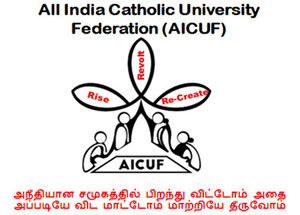
Objectives
Activities
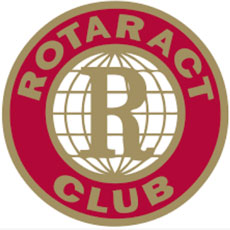
Rotaract club is a service, leadership and community service organization for young men and women between the ages 18–30. The Rotaract focuses on the development of young adults as leaders in their communities and workplaces. Our college aims at the total development of students through enlightenment programmes and various social activities.
The Rotaract Club was started in our college in the year 1980. The purpose of our Rotaract club is to provide an opportunity for young women to enhance the knowledge and leadership skills that will assist them in personal development, to address the physical and social needs of their communities, and to promote better relations between all people worldwide through a framework of friendship and service. Clubs generally charge a small annual membership fee to cover the expenses. Rotaractors have a passion for selfless service.
Objectives
Activities
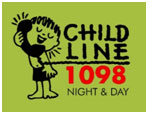
Introduction
CHILDLINE 1098 is a national 24 hour free emergency telephone helpline & outreach service for children in need of care & protection. CHILDLINE telephone number 1098 is a toll free helpline all over India. Initially started in Mumbai in June 1996, the facility has been extended to all cities and towns in India. It is supported by Ministry for Women & Child Development, Government of India.
D. Cathline Mary - (City Coordinator)
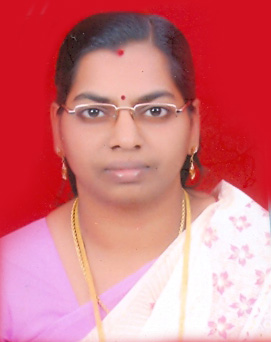
CHILDLINE India Foundation (CIF)
CHILDLINE India Foundation (CIF), Mumbai is the nodal agency of the Union Ministry of Women and Child Development acting as the parent organization for setting up, managing and monitoring the CHILDLINE 1098 service all over the country and linking state Governments, NGOs, bilateral /multilateral agencies and corporate sector. CIF also functions as a national centre for awareness, advocacy and training on issues related to child protection.
Vision
A Child-Friendly Nation that guarantees the rights and protection of all children.
Mission
CHILDLINE will reach out to every child in need and ensure their rights and protection through the Four Cs.
Objectives
CHILDLINE in Kanniyakumari District
CHILDLINE India Foundation (CIF) initiated CHILD LINE 1098 project in Feb.2005 at Kanniyakumari District, in collaboration with Kottar Social Service Society (KSSS). Kottar Social Service Society (Collaborative Organization) Provides rescue facilities, Shelter, medical aid, repatriation, sponsorships, emotional support and guidance. Holy Cross College is a Nodal Organization; it was started on 18th January 2011. Holy Cross College is responsible for creating a child friendly atmosphere for children at the city level.
Administrative Structure of Nodal Organization (Holy Cross College (Autonomous))
Activities of Holy Cross College,Nodal Organization for CHILDLINE Project

History
Developing social consciousness is one of the core values of the institution. Since the inception of the college in 1965, outreach programmes such as adult education, building huts for the homeless people, helping the poor and needy through coir making centre were organized in the institution. Thus the college strived to develop the social awareness and commitment of the staff and students for the benefit of the society. As the part of the extension activities implemented within the autonomous system, Reaching the Unreached Neighbourhood (RUN) was launched in 2008 as part of the UG curriculum. The students of II U.G. spend 50 – 60 hours of participatory learning outside the college campus.
Objectives
Activities